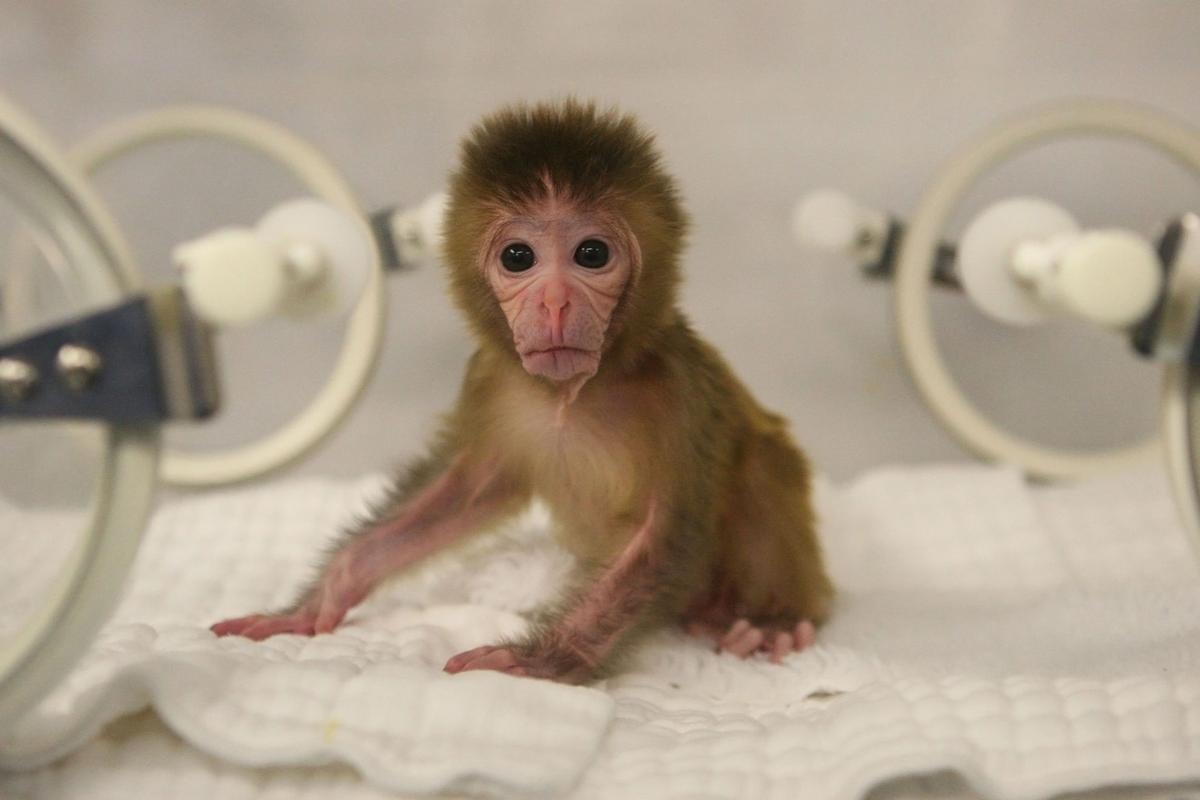
A former student is suing the University of Wisconsin – Madison (UW) for violation of her First Amendment rights. The plaintiff worked at a lab that uses primates for “behavioral research.” She “claims that during her time as a caregiver, she witnessed cruelty against the monkeys she cared for.” According to the Complaint, UW has been hiding her comments on its Facebook and Instagram pages so no one could see them, preventing others from learning what they do to monkeys.
Doing so is illegal. The courts have consistently ruled that, “the First Amendment does not permit: [public officials and government institutions] to exclude persons from otherwise-open online dialogue because they expressed views with which the official disagrees.” As a public institution, UW is bound by the First Amendment.
Citizens not only have a First Amendment right to speak out against policies with which they disagree, they have a constitutionally protected right to demand that the government correct the wrongs that are identified. As the U.S. Supreme Court has ruled, “speech on public issues occupies the ‘highest rung of the hierarchy of First Amendment values,’ and is entitled to special protection.” Connick v. Myers, 461 U.S. 138, 145 (1983). Indeed, such speech lies “at the heart of the First Amendment’s protection.” First Nat’l Bank of Bos. v. Bellotti, 435 U.S. 765, 776 (1978).
When animal lives are at stake, removing comments critical of policies is even more egregious given the life and death consequences. Animals have no voice of their own and need others to speak for them. Deleting critical comments and/or banning the commenter effectively silences them.
Tragically, censoring comments in order to hide animal mistreatment is not new. In 2018, for example, Long Beach, CA, Mayor Robert Garcia illegally violated the civil rights of citizens by hiding comments on his Facebook page critical of his handling of the city pound, which maintained a high rate of killing and paltry number of adoptions. The No Kill Advocacy Center, my organization, was not only the first to bring a free speech case against a city pound, but we assisted Long Beach activists, helping to bring the Mayor’s actions to public attention and forcing Garcia to back down and unhide the comments.
Likewise, “This is not the first time the Harlow Center and UW Madison have attracted controversy for their treatment of animals in research. “In 2020, the US Department of Agriculture found UW Madison violated federal animal research treatment standards 28 times — which netted a fine of $74,0000.” According to one of the plaintiffs, these violations included “improper handling resulting in at least 20 incidents of nonhuman primates requiring amputations of body parts such as hands, feet, digits, and tongues.”
“Before that, in 2014, the University had to fork over $35,000 for animal rights violations:”
“Rather than taking care of its animals – stopping the torture, stopping the inhumane treatment of primates – instead, the University is pivoting towards silencing and censoring critics of their treatment of primates:”
————-
Have a comment? Join the discussion by clicking here.